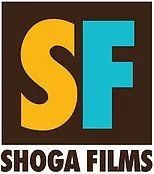Shuffle Along - Precursor to the Harlem Renaissance
On May 23, 1921, Shuffle Along opened in a ramshackle "theater" (more a performance space; there was no orchestra pit) in New York City. It was the first Black musical to play on Broadway in twelve years. In spite of the landmark successes of precursors, most notably Williams and Walker's In Dahomey (1903), syphilis had wiped out the geniuses of that first generation.
Much to everyone's surprise, Shuffle Along became a monster hit, running for 504 performances and proving that white people would pay to see Black performers on Broadway . Because of the show’s popularity, the entertainment profession witnessed the return of Black musical comedies on a regular basis. It was, in the opinion of Langston Hughes who saw the production when he came to New York in 1921 to study mining engineering at Columbia University, the opening salvo of what would become the Harlem Renaissance.
Part of what fueled the Renaissance, particularly the "Harlemania" that peaked for white slummers around 1927-28, was the success of Black performers on Broadway: now-forgotten stars like Lottie Gee and Florence Mills, who came to fame in Shuffle Along, and the less-forgotten ones like composer Eubie Blake. (Paul Robeson sang briefly in the chorus of an off-Broadway production.) Taking advantage of the opportunities opened up by these trailblazers, Ethel Waters (bisexual) and Bill "Bojangles" Robinson shot to even greater heights during the latter part of the 1920s.
Josephine Baker (bisexual) landed a gig in a 1923 road production of the musical. At age 16, she entered into a brief affair with Eubie Blake.
Although still rooted in the demeaning theatrical traditions of Blacks performing in blackface, speaking in an artificially grotesque "Negro dialect," and perpetrating minstrel stereotypes, Shuffle Along broke boundaries. It catalyzed the desegregation of theaters below 125th St.; it introduced a chorus line of Black women modeled after the Ziegfield Follies; it brought the snap and syncopation of Black musical styles to Broadway. Most daringly, it showed to Black people falling in love onstage -- a previously taboo subject -- and introduced several hit songs proclaiming the reality of Black romance.
One of these, "I'm Just Wild About Harry," entered the Great American Songbook and went on to have a strange and varied career, performed in blackface by Judy Garland and Mickey Rooney (Babes in Arms, 1939) and adopted as Harry Truman's election 1948 campaign song. In the latest iteration -- so appropriate for this pop confection in its queer Renaissance origins -- "I'm Just Wild About Harry" is given a same-sex spin by Morgxn in the 2020 gay romcom The Thing About Harry. It's kind of catchy. (https://www.youtube.com/watch?v=oX0qh55aSR8)
Recent Posts
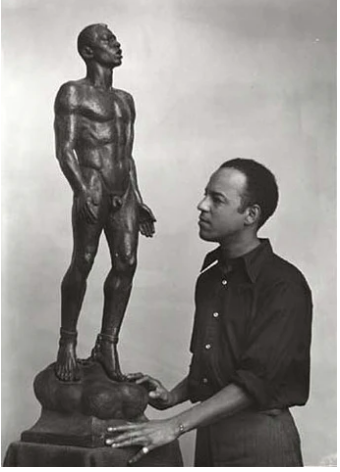
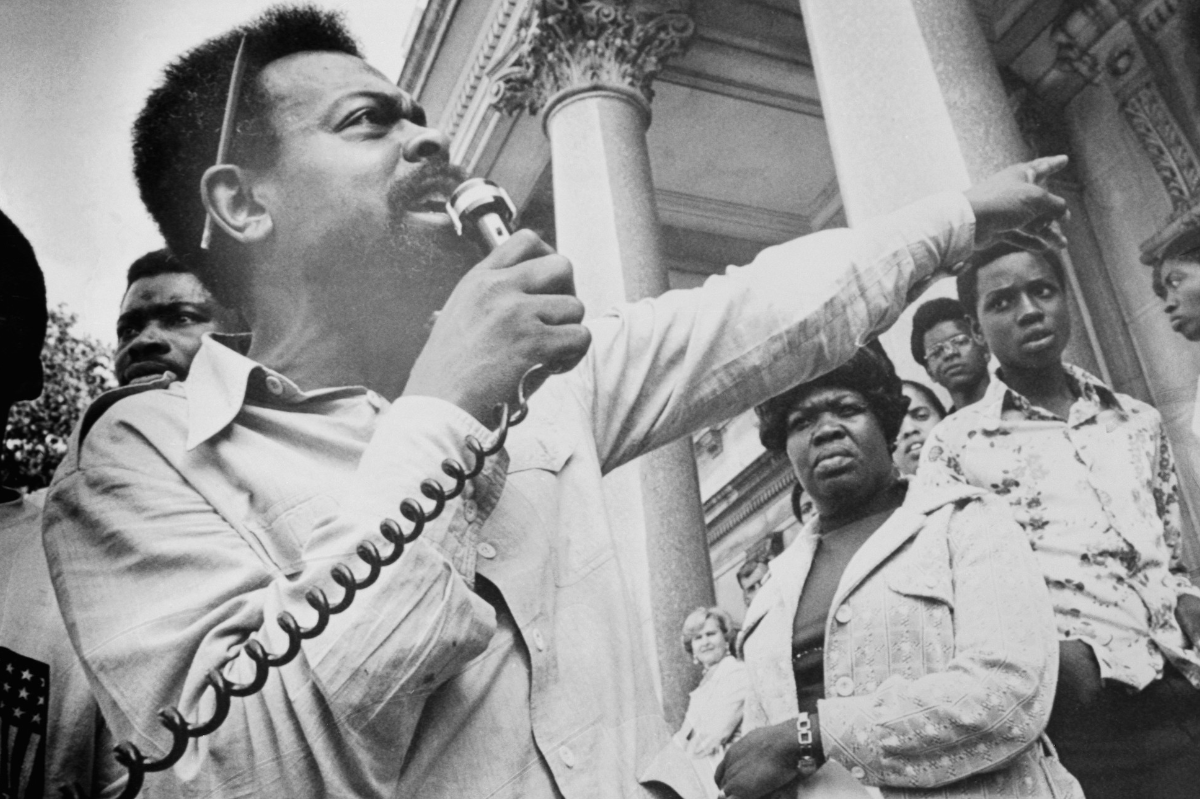
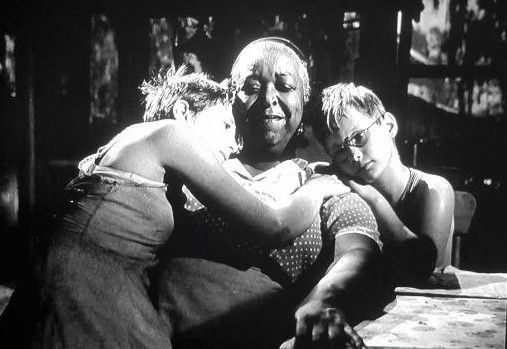
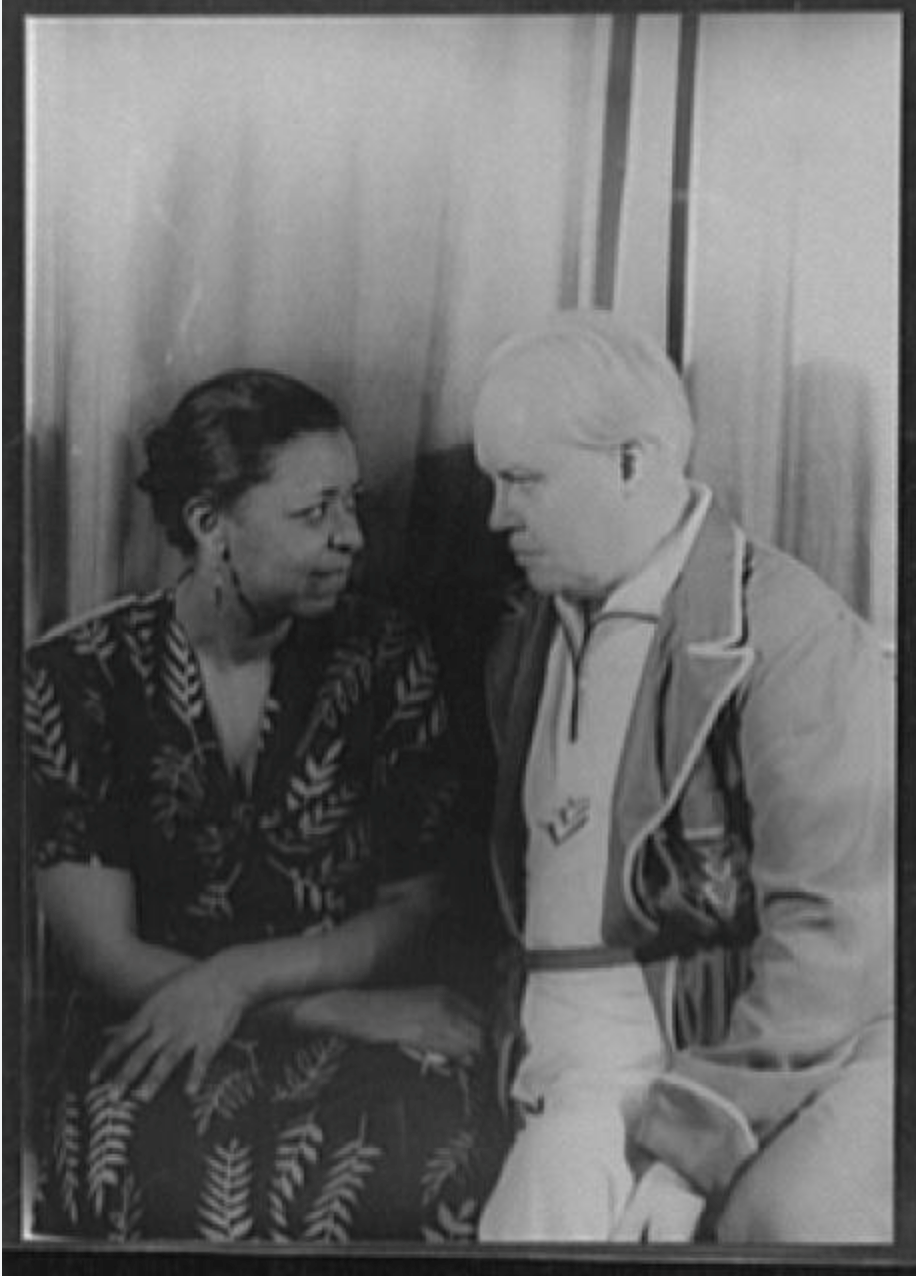
SHOGA FILMS is a 501(c) (3) non-profit production and education company. We create multimedia works around race and sexuality that are intended to raise awareness and foster critical discussion.
Contact Us
All Rights Reserved | Shoga Films
Stay Connected
Thanks for subscribing!
Please try again later.

